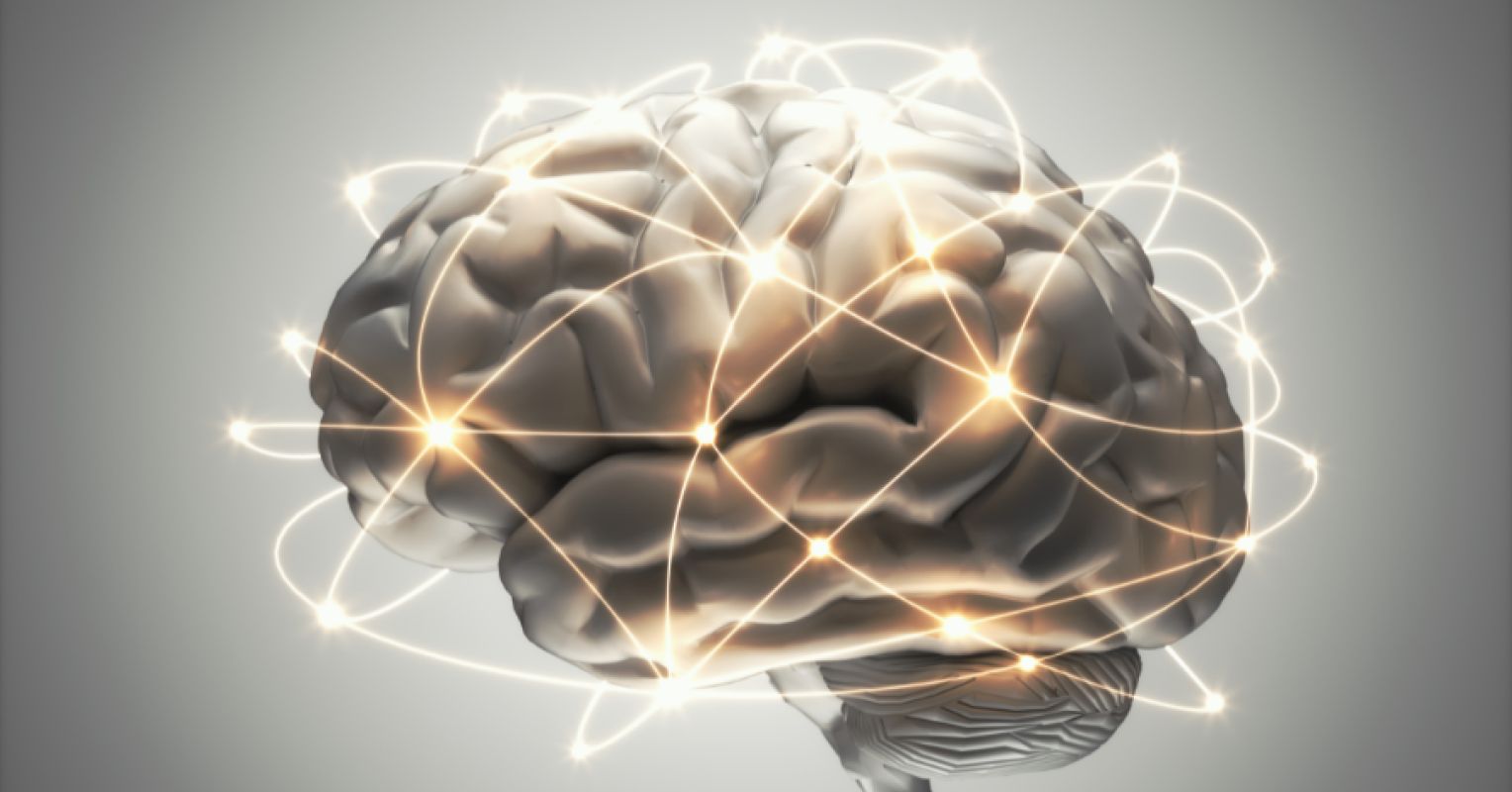
"In just three years, artificial intelligence (AI) tools have moved from early adoption to critical mass, pervading every aspect of our digital lives. The likes of ChatGPT and Gemini are giving us recipes to make and games to play with our families, while Co-Pilot is helping us answer emails and write social media posts, and there are even tools for analysing books, articles, and podcasts to give us a time-saving synopsis."
"Over time, each participant had to produce several essays, and each time was attached to an EEG to record brain activity across 32 regions. Consistently, ChatGPT users had the lowest brain engagement for every essay, and worryingly showed decreasing brain activity over time, as they progressed through the essay assignments. What this represents is the ChatGPT participants getting "lazier" with each subsequent essay, with many resorting to copy-and-paste content"
AI tools have rapidly become ubiquitous in daily life, assisting with recipes, games, email, social media, transcriptions, summaries, and calendar predictions. An experiment used 54 participants divided into three groups assigned SAT-level essays with access to ChatGPT, Google Search, or no external resources. EEG recordings across 32 brain regions were collected during each essay. ChatGPT users showed the lowest brain engagement and exhibited declining neural activity over successive essays. Several ChatGPT users increasingly relied on copy-and-paste content. The findings indicate that using AI for cognitive tasks can reduce active critical thinking and may impede long-term skill acquisition, suggesting careful employment of AI in education.
Read at Psychology Today
Unable to calculate read time
Collection
[
|
...
]